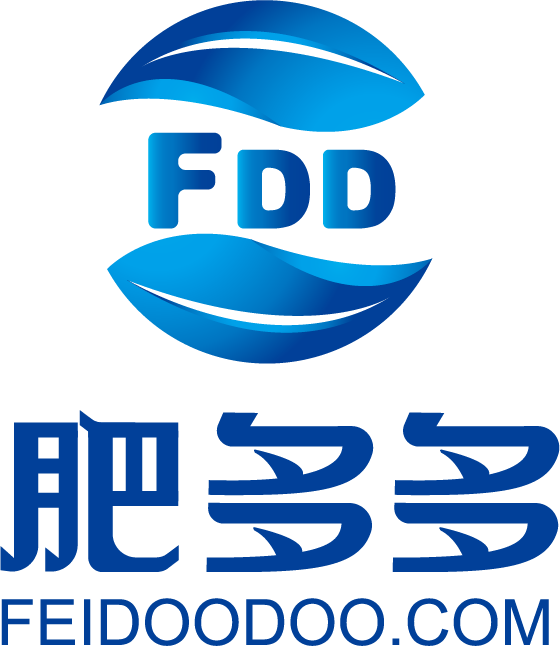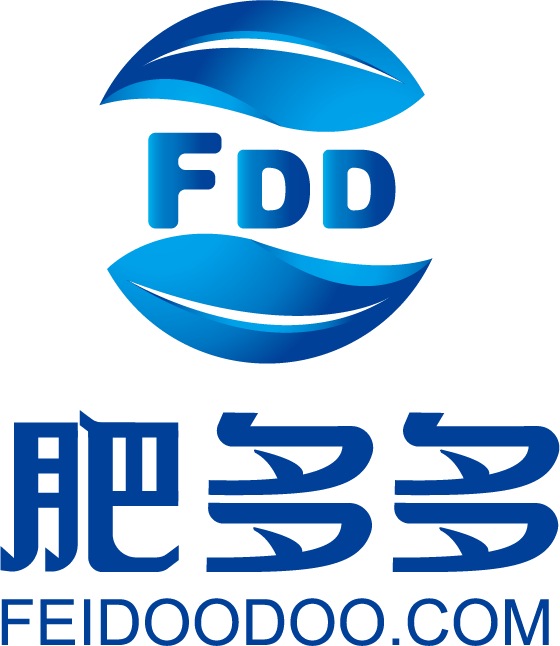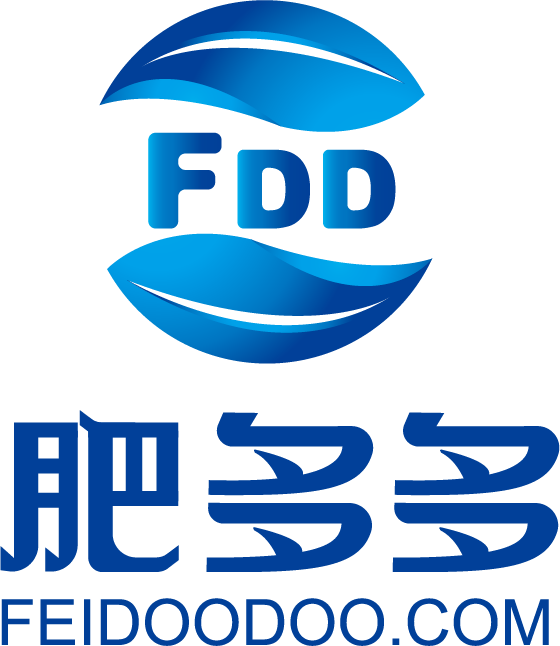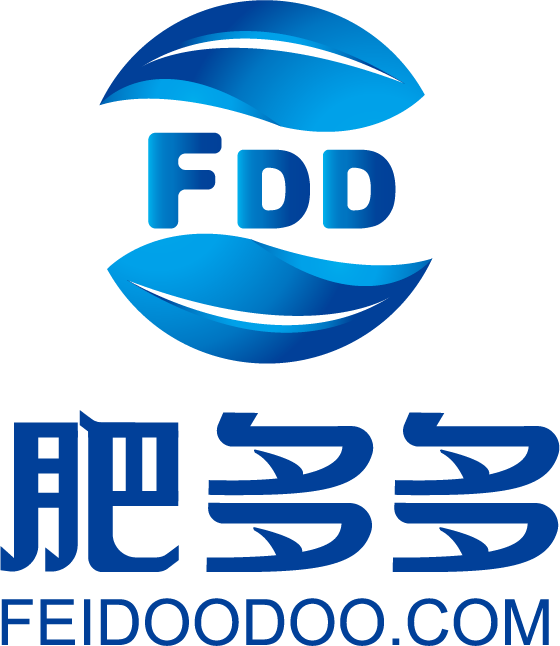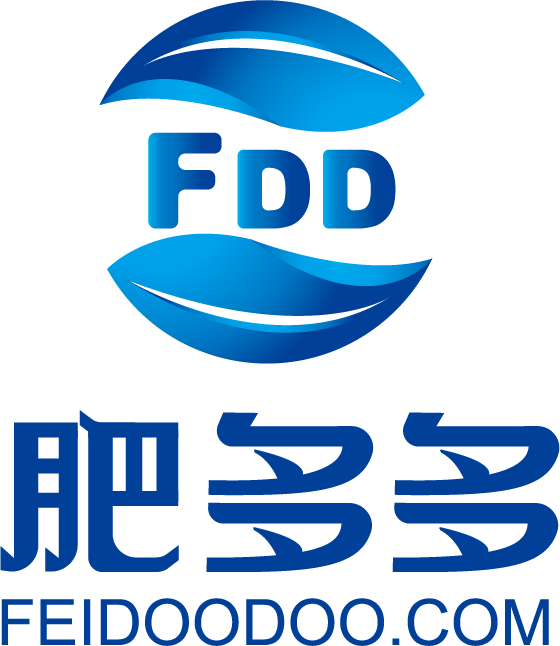The natural gas crisis has forced a fertilizer giant to stop, which will affect these industries in the future
Yara stated in the announcement that the historically high European natural gas price is affecting the profitability of ammonia fertilizer production. Therefore, the company will reduce the production of many factories and will reduce European ammonia fertilizer production capacity by 40%. The follow-up company will continue to pay attention to the development of the situation, and will also take necessary measures to limit production while ensuring supply. A company spokesperson said that Yara's ammonia fertilizer production capacity in Europe is about 4.9 million tons per year, and about 2 million tons are affected this time, involving factories in the Netherlands, Italy, Britain, and France. The factories in Germany and Norway have been maintained. The plan will also further reduce production capacity. The company will also obtain part of the ammonia used to produce ammonium nitrate from outside Europe or a third party. The subsequent resumption of production will depend on the price trend of the two key raw materials for the production of ammonia-natural gas and nitrogen. As the European benchmark, natural gas prices at the TTF hub in the Netherlands have tripled year-to-date to an all-time high. The subsequent northern hemisphere winter and lower-than-average inventories also make the market not have much hope for the subsequent easing of the rise. Ulrica Fearn, CEO of Equinor, emphasized that natural gas price increases are affected by weather abnormalities, general commodity price inflation, and supply chain bottlenecks... But they are mainly driven by the fundamentals of tight supply and strong demand. Just as tight chip production affects the automotive supply chain, the impact of a large number of production shutdowns by chemical giants will also be transmitted to the global food industry. In addition to the planting industry purchasing more expensive fertilizers or not using fertilizers, resulting in reduced crop yields, fertilizer plants are also key suppliers of global carbon dioxide. This gas is inseparable from the process of providing bubbles for beer and soft drinks, extending the shelf life of food, and slaughtering animals in meat processing plants. Nick Allen, CEO of the British Meat Processors Association, said the government has asked him to collect data on potential "enormous" difficulties for processing plants. Allen said that currently, these (fertilizer) plants have no plans to start operations. They supply 60% of the UK's carbon dioxide.
- International Fertilizer Market - Potash Giants Report First Quarter: Signs of Recovery in Potash Demand! Meanwhile, Russian Fertilizer Exports to the US Reach Annual High2645
- Phosphate Fertilizer Weekly Report: Supported by Pending Orders and Costs, Firm Prices2327
- Urea Weekly Review: Cautious Buying and Slow Follow-Up, Prices Hold Steady2438
- Urea Daily Review: Weakened Supply-Demand Support, Enterprises Lower Prices to Attract Orders2467
- Phosphate Fertilizer Daily Review: Pending Orders Support Prices, Stability in the Short Term2373

